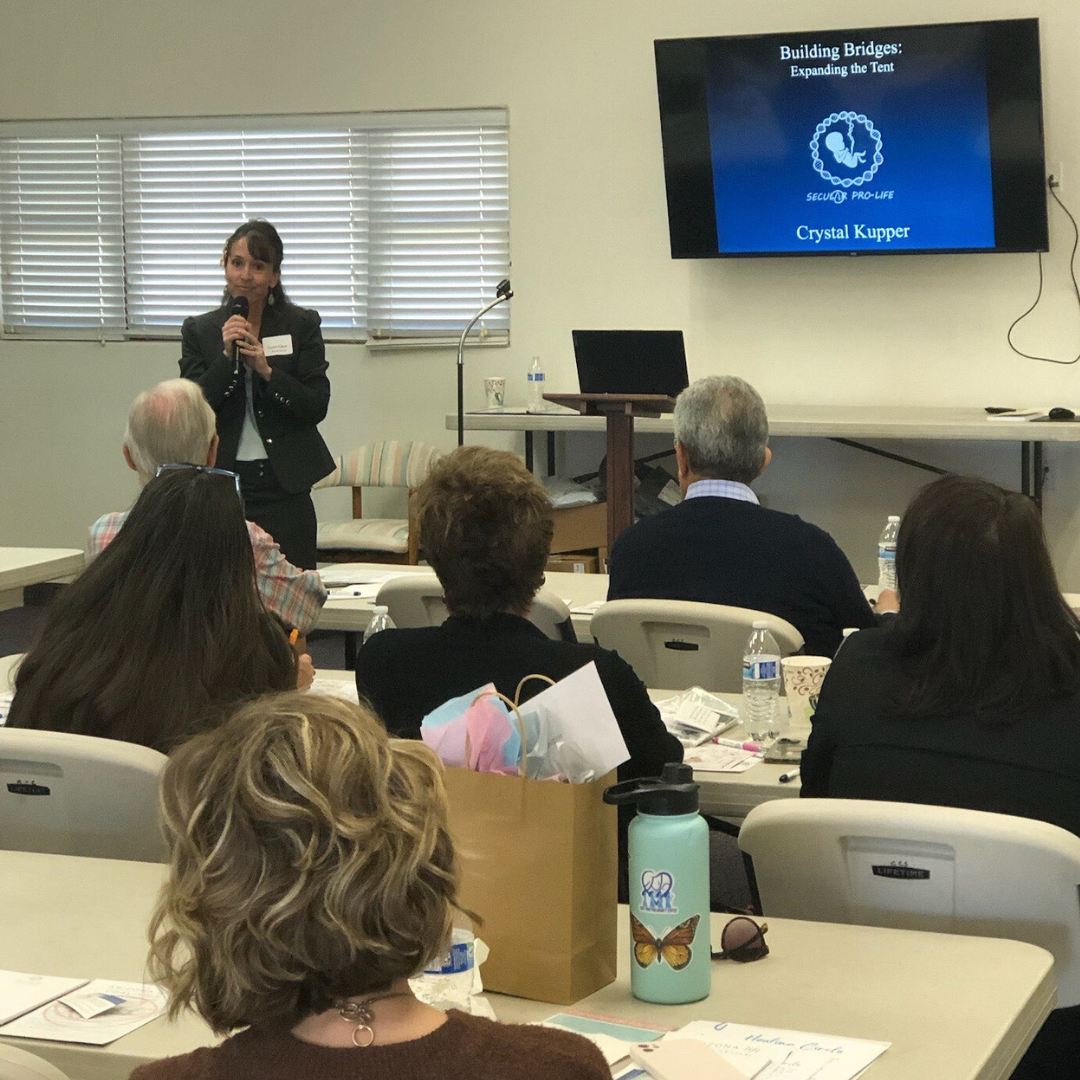Do Texas medical residents learn to provide miscarriage care?
This content has now been covered by Dallas Express and Live Action.
[This article is a transcript of “Do Texas medical residents learn to provide miscarriage care?” courtesy of volunteer Ben Tomlin. If you’re interested in volunteering to transcribe more of our content, please complete our volunteer survey.]
(Video also available on Facebook, YouTube, and Instagram.)
Sharyn Alfonsi: “What is it that a resident can learn here in New Mexico that they can’t learn in Texas?”
Dr. Eve Espey: “I mean, so many things. They lack an opportunity to learn trauma-informed care, diagnosing pregnancy complications in the first trimester and in the second trimester, um, they miss learning miscarriage care, ectopic pregnancy care, pregnancy of unknown location care. I mean, the list goes on and on.”
60 Minutes, “Doctors say strict abortion laws in Texas put pregnant women and their physicians at serious risk.”
This is the website for the OB-GYN residency program for the University of Texas Southwestern Medical Center. They go into a lot of detail about what they teach their medical residents in Texas, including not only Maternal-Fetal Medicine and Obstetrics but even a rotation for Obstetrics and Gynecology Emergency Services. In that rotation, they treat over 20,000 patients annually, which offers their medical residents exposure to a wide range of conditions including: ruptured ectopic pregnancy, pelvic infections, and medical complications of early pregnancy.
They also have a rotation for family planning, which, among other things, includes learning miscarriage management, including medication office manual aspiration and procedural management in the operating room, which means D&Cs.
This is an important part of their description of the residency program: “During this rotation, fourth-year residents have the ability to travel out of state [out of Texas] to receive opt-out induced abortion training.” What does that mean? It means a couple of things.
First of all, it means that training on induced abortions is different than training on miscarriage management.
It also means the medical residency program offers training on miscarriage management in Texas as a standard and required part of the program.
This isn’t surprising. The Accreditation Council for Graduate Medical Education sets the standards for any medical residency program in the country to be accredited. They have a long list of program requirements for graduate medical education in obstetrics and gynecology. They list requirements for the program in terms of family planning, including:
- clinical experience in all forms of contraception
- educating patients on the surgical and medical methods of abortion
- experience in managing the complications of abortion
When it comes specifically to the clinical experience of actually providing abortions, they have a few extra notes. Basically if a residency program is in a jurisdiction where induced abortion is illegal, then the program has to cover the costs for someone to travel out of state to get clinical experience in providing induced abortions.
Here’s the point: this section that talks about how a residency program might have to cover residents going out of state to learn how to do induced abortions, it only applies to induced abortions. It does not apply to learning contraception. It does not apply to learning to manage the complications of abortion. Importantly, it also doesn’t apply to the clinical experience of comprehensive management of spontaneous abortion, which is miscarriage.
Programs are expected to provide [miscarriage management] experience in:
- patient education
- expected management
- medication management
- uterine evacuation
- complication management and
- post-pregnancy loss care
It even says that their clinical experience in uterine evacuation should take place in both the operating room and in outpatient settings.
There are no notes here about how if it’s unlawful to teach your residents miscarriage management, you need to cover travel for them to go out of state to learn it–because it’s not unlawful. Texas trains its residents in miscarriage management. They also train them in ectopic pregnancy care. They also train them in pregnancy of unknown location. They also train them in diagnosing pregnancy complications in the first and second trimester. All of these things are covered in Texas medical residency programs.
So who is this doctor that 60 Minutes is interviewing who just casually, with a smile, claims that medical residents in Texas don’t learn any of this stuff?
60 Minutes: “Dr. Eve Espey is the Chair of the OB-GYN Department at the University of New Mexico.”
That description is true. It’s also a little incomplete. Here is her faculty page at the University of New Mexico, which mentions that she won the Margaret Sanger Award. If you don’t know, that’s the highest honor given by Planned Parenthood.
Perhaps Dr. Espey won the Margaret Sanger Award for work like this: she’s the lead author of this article, “Now is the time to stand up for reproductive justice and abortion access,” where she specifically argues that OB-GYNs should prioritize advocacy for abortion.
Did you know that there are over 40,000 OB-GYNs in the United States? Did you know only 7% of OBGYNs in private practice even provide abortions?
I’m sure it’s just a coincidence that 60 Minutes happened to find an OB-GYN who is a hardcore abortion rights supporter, and that they happened to not mention that fact in the interview.
[Read more – “TikTok docs” don’t know what they’re talking about]
If you appreciate our work and would like to help, one of the most effective ways to do so is to become a monthly donor. You can also give a one time donation here or volunteer with us here.



